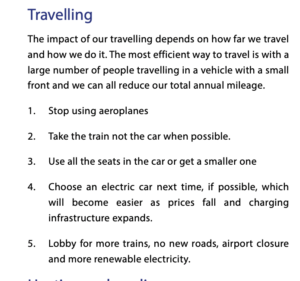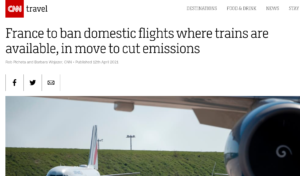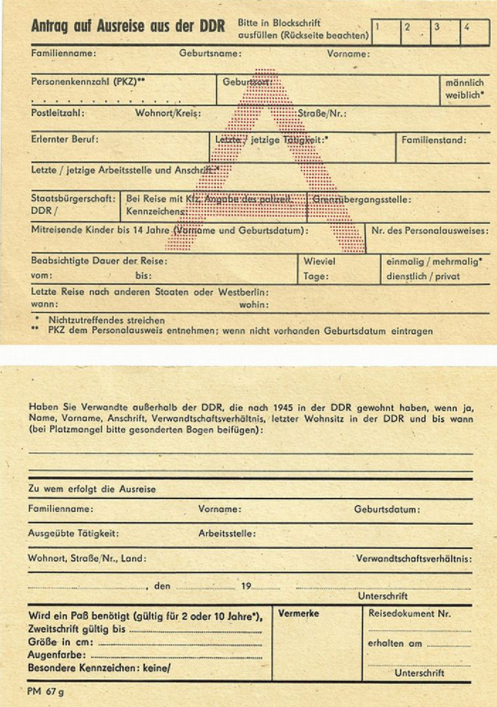https://www.washingtonpost.com/climate-environment/2022/10/10/frequent-flyer-tax-aviation/
Frequent fliers are a problem for the planet. Should they pay more?
A report suggests a novel way of curbing climate pollution from air travel: A global tax on people who fly the most, with the proceeds going toward research and development into sustainable aviation fuels, The Post’s Shannon Osaka reports.
The report from the nonprofit International Council on Clean Transportation recommends a frequent flier tax that starts on the second flight each person takes per year, at a rate of $9. It would then steadily increase, reaching $177 for the 20th flight in a single year.
While aviation accounts for about 2.5 percent of global carbon emissions, at the personal level, it has an enormous footprint practically unmatched by any other individual action. Avoiding a transatlantic flight from New York City to London, for instance, could prevent 600 kilograms of carbon dioxide from entering the atmosphere — about double the impact of going vegan for a year.
“We’re saying ‘If you want to fly more, that’s fine,’” said Sola Zheng, a researcher at the International Council on Clean Transportation and the lead author of the report. “You’ve just got to pay a bit more.”
The report suggests a frequent flier tax that starts on the second flight each individual takes per year, at a rate of $9. It would then steadily ratchet up, reaching $177 for the 20th flight in a single year. (A “flight” in this case, is a single take off and landing — that is, half of a round trip.) For most Americans — who take two or fewer flights per year — the tax would cost about the same as buying a drink and a bag of chips at the airport. But business travelers and other frequent fliers racking up dozens of flights every 12 months would face steeper costs.
…
Such a tax, according to the study, could fully fund the transition from fossil fuels to sustainable aviation fuel. According to the International Civil Aviation Organization — the United Nations agency that coordinates international air travel — switching to sustainable fuels and making other aircraft efficiency improvements will cost around $121 billion per year until 2050. (Sustainable aviation fuels, which are biofuels made from things like corn, oil and grease, do exist but cost two to five times more than equivalent jet fuels made from fossil fuels).
It’s an elegant-seeming solution for what has, at times, looked like an intractable problem. Despite their large carbon footprints, medium- or long-haul flights (often defined as flights lasting more than three or four hours), have few viable alternatives. Unlike Thunberg, most people can’t snag a ultrafast yacht to cross the Atlantic Ocean. In the United States, swearing off flying entirely means consigning oneself to a life without much international travel and without the ability to easily visit family members across the country.
Although the authors didn’t attempt to include private jet travel, due to a lack of data, Zheng said that including a similar tax for those using private jets could further shift the burden to the world’s wealthiest consumers.
…
And because the tax is levied per flight — instead of per mile traveled or per kilogram of carbon dioxide emitted — it also could have the added benefit of encouraging travelers to take trains or other forms of transportation for short-haul trips. Consumers might try to “save” their plane fares for longer trips, like transatlantic flights, where there are truly no good alternatives.
…
Implementation of a global tax would be challenging, to say the least; it would require international coordination and a centralized system to track passports and other forms of identification to count how many times each person flies.
But Zheng says it shows a way forward that doesn’t rely on a complete halt to flying — and that doesn’t add to the burdens on low-income citizens.
…
“If you wanted to raise money for decarbonization, this is one way to do it,” Zheng said.
#
Related Links:
COVID Lockdown: People must explain travel reasons under new British border: “We will introduce a new requirement so that people wishing to travel must first make a declaration as to why they need to travel.”
Pierre L. Gosselin of the No Tricks Zone reacts: “USA morphing into communist East Germany! Back then citizens required to apply for a “Ausreisegenehmigung” (permission to travel abroad) if they wanted to travel out of country. Now it’s to be taken a step further by new Marxists: Even domestic travel has to be permitted!”
Great Reset By Marc Morano – Chapter 12 Excerpt: ‘COVID Lockdowns Morph to Climate Lockdowns’
Watch: COVID lockdowns morphing into climate lockdowns – Morano on Tucker Carlson
CNN: France is set to ban short domestic flights in favor of train services, after lawmakers approved a plan that will see several air routes discontinued to reduce emissions…Left-wing MP Danièle Obono said the government’s plan to move away from a four-hour limit would “save the three routes that emit the most greenhouse gas: Paris-Nice, Paris-Toulouse, (and) Paris-Marseille.” … Last year, Austria’s flagship airline was ordered to replace one of its flights with a more frequent train service, in order to meet the environmental criteria of its government bailout.
#
Morano: “You were warned! How long until the climate demands include the banning of private automobile travel when mass transit is available?”
COVID Lockdown: People must explain travel reasons under new British border: “We will introduce a new requirement so that people wishing to travel must first make a declaration as to why they need to travel.”
Climate Lockdown:
Pierre L. Gosselin of the No Tricks Zone reacts: “USA morphing into communist East Germany! Back then citizens required to apply for a “Ausreisegenehmigung” (permission to travel abroad) if they wanted to travel out of country. Now it’s to be taken a step further by new Marxists: Even domestic travel has to be permitted!”
Are you willing to comply to save the planet!? IEA report page 174: “The Covid‐19 pandemic has increased general awareness of the potential effectiveness of behavioral changes, such as mask‐wearing, and working and schooling at home. The crisis demonstrated that people can make behavioural changes at significant speed and scale if they understand the changes to be justified, and that it is necessary for governments to explain convincingly and to provide clear guidance about what changes are needed and why they are needed.” …
“Urban design can reduce the average city dweller’s carbon footprint by up to 60% by shaping lifestyle choices and influencing day‐to‐day behavior.”

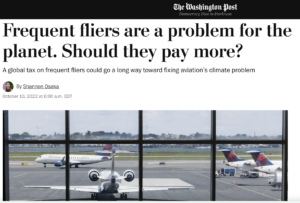
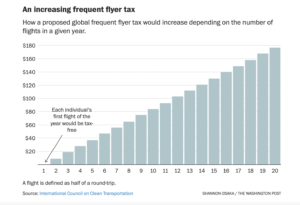
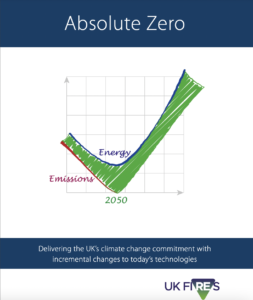 .
. 